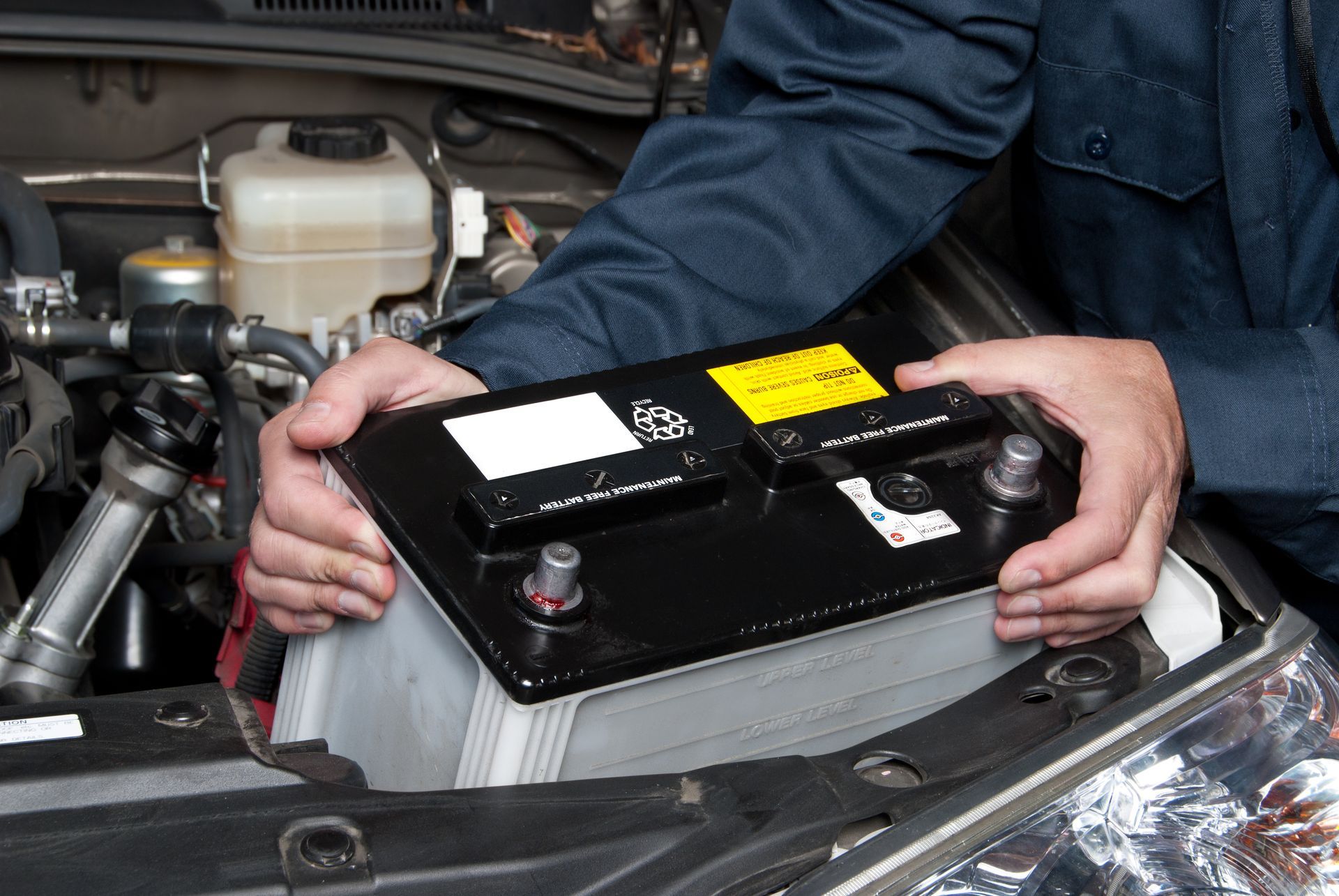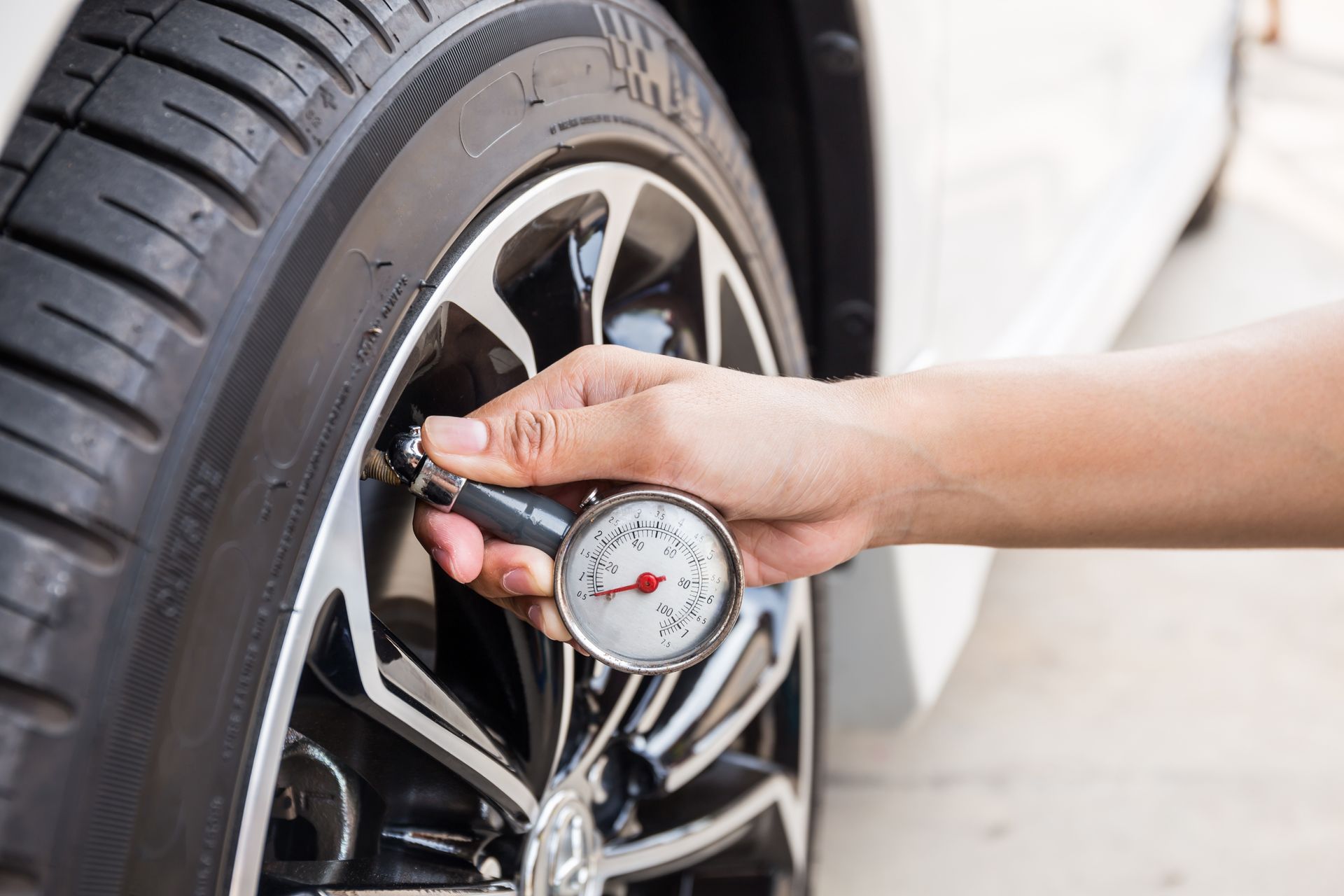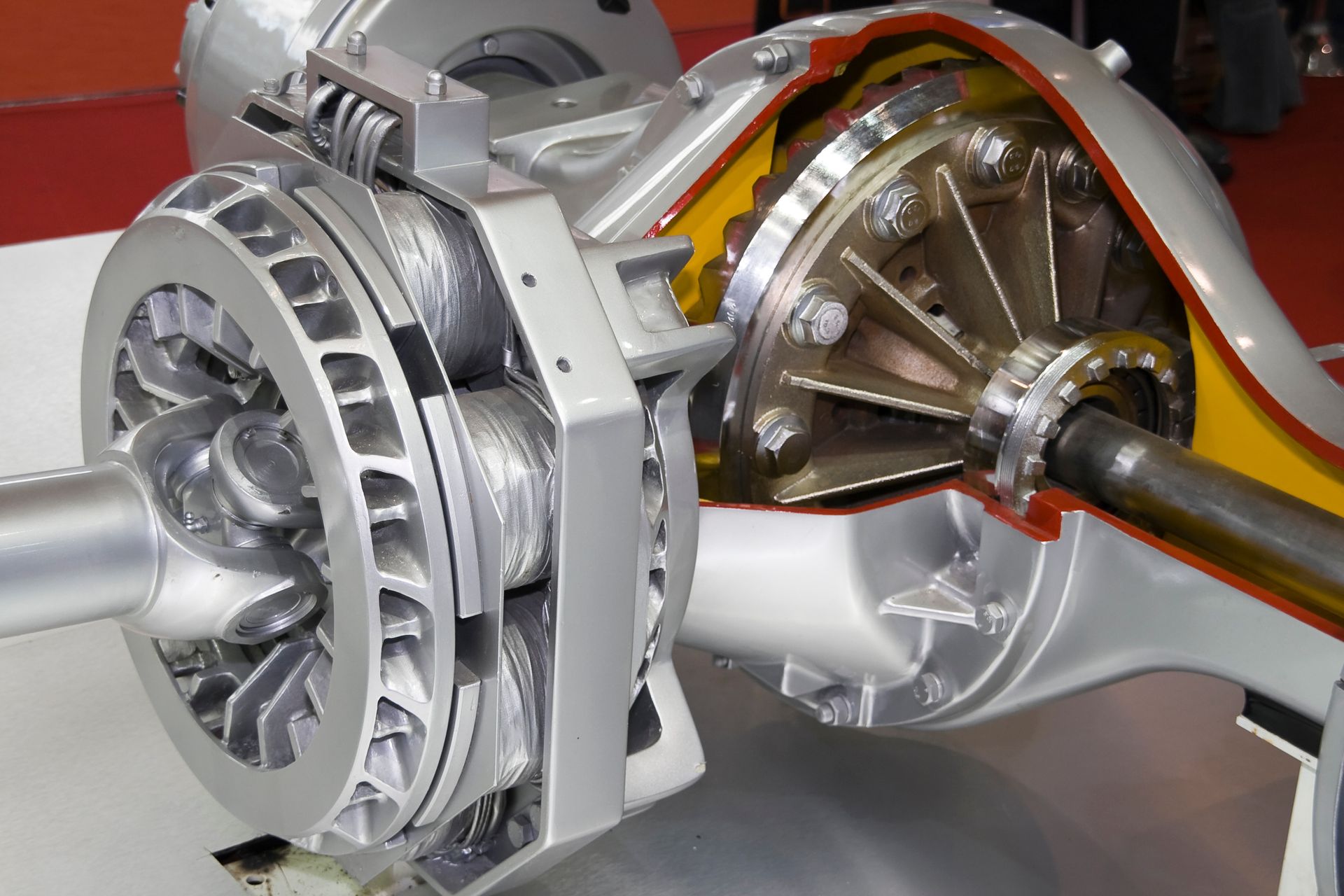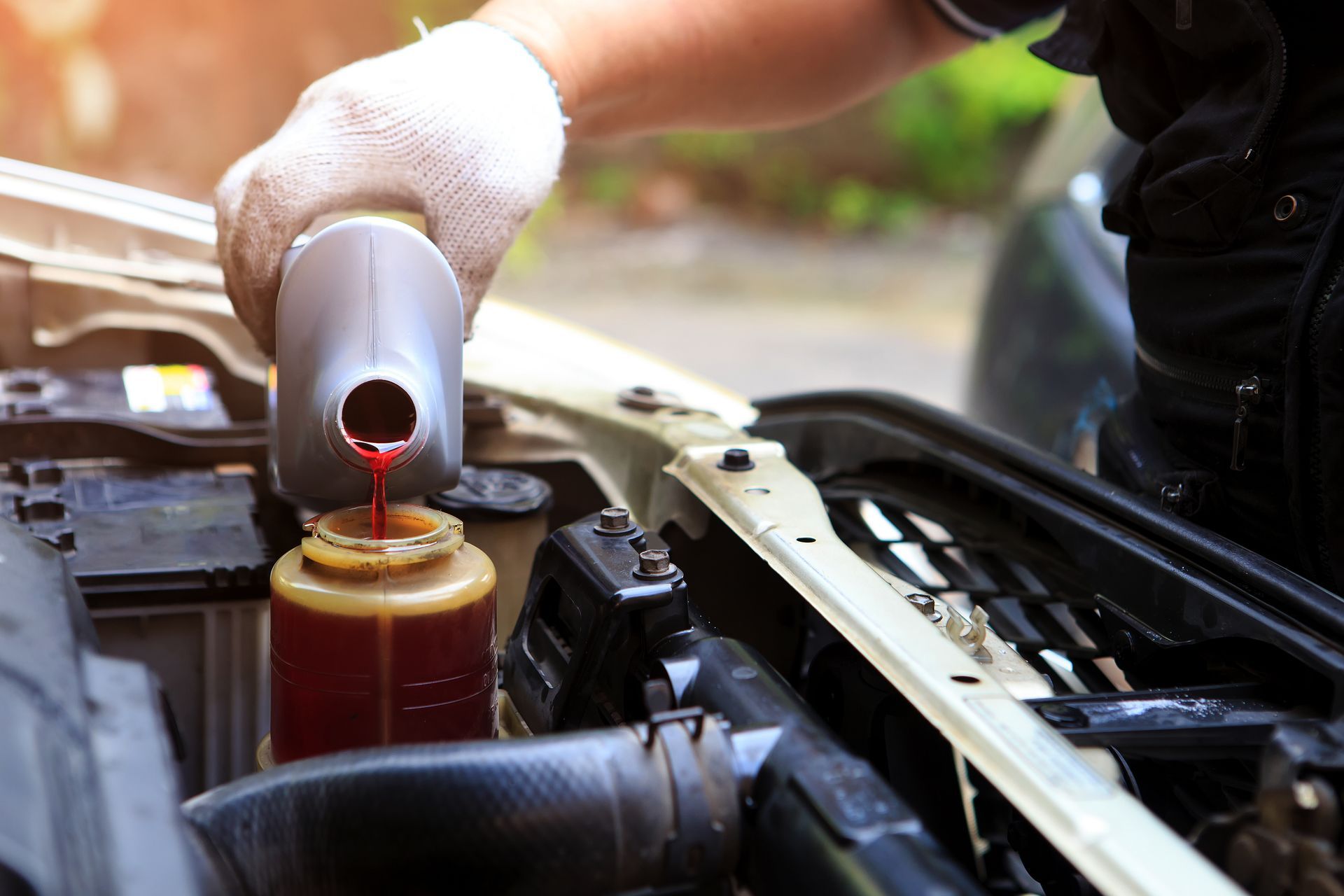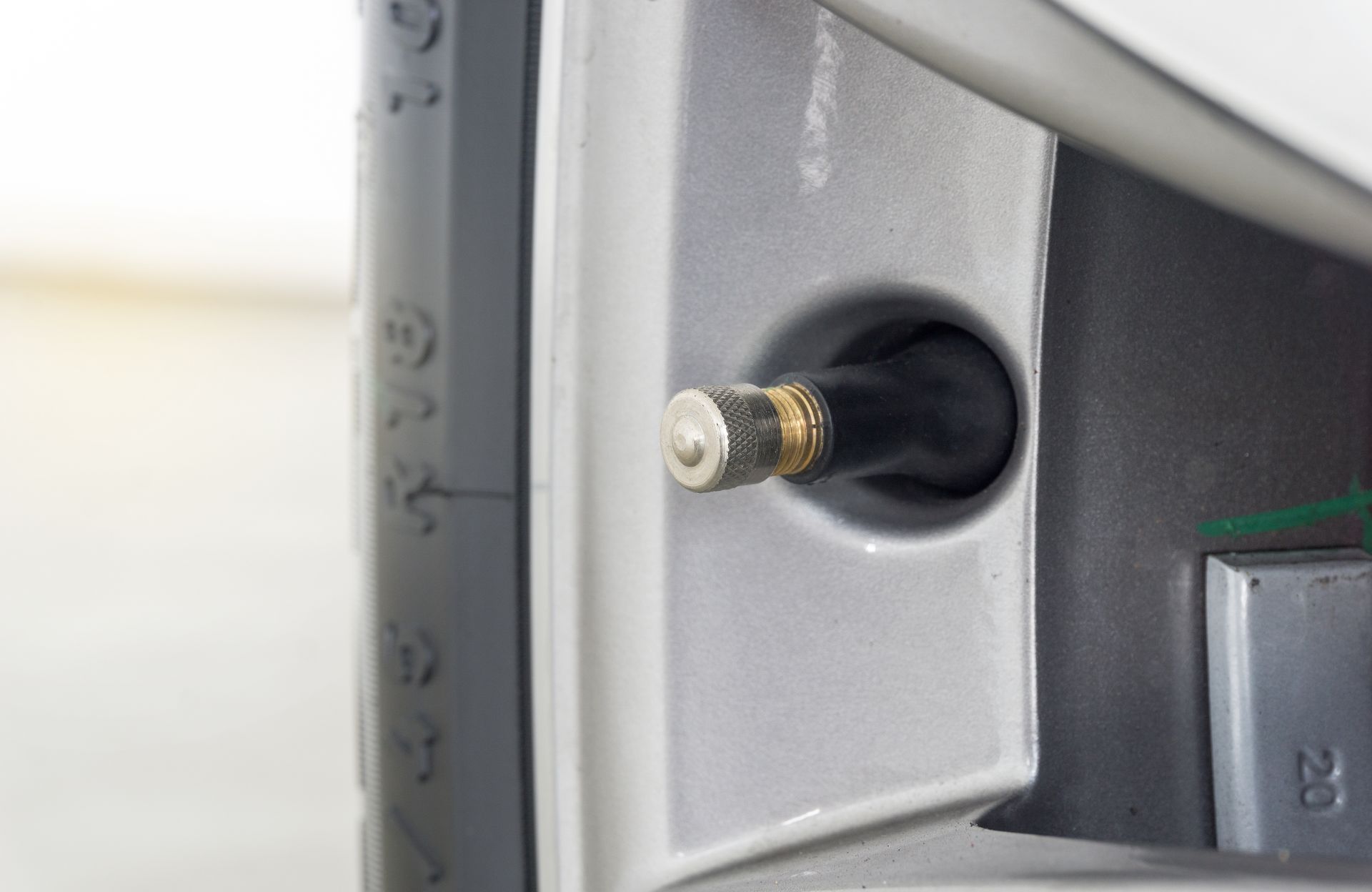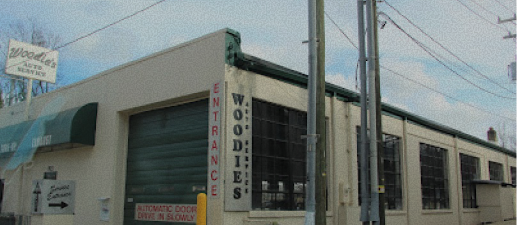Get Your Car Ready For Spring In Only 5 Steps
February 27, 2024
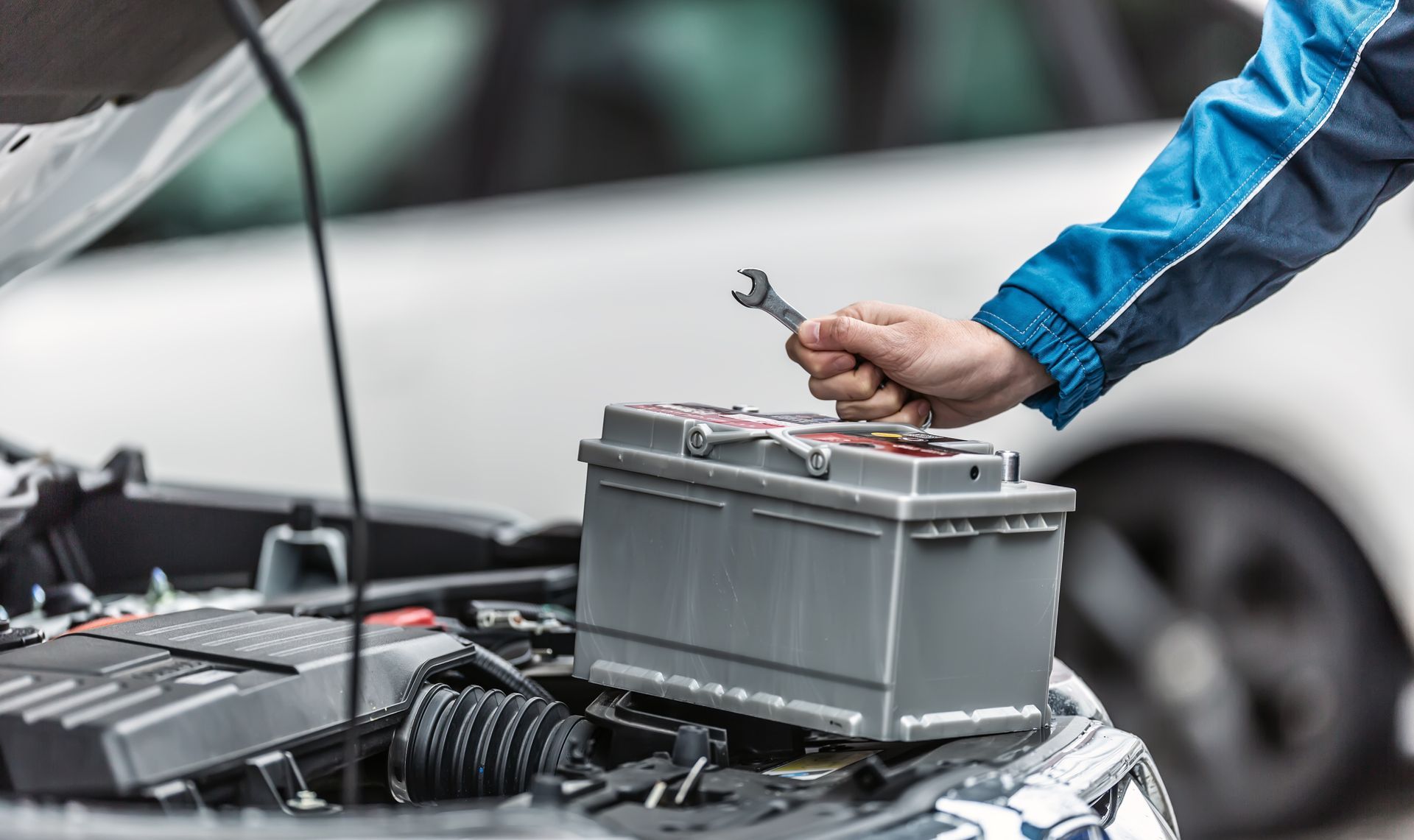
As the cold winter months fade away, it's time to prepare your car for the warmer weather ahead. With just a few simple steps, you can ensure that your vehicle is ready to hit the road safely and smoothly as spring arrives.
Step 1: Check Fluid Levels
Start by checking all essential fluid levels in your vehicle, including engine oil, coolant, brake fluid, and windshield washer fluid. Top off any fluids that are low and consider scheduling a professional fluid flush and replacement if needed.
Step 2: Inspect Tires
Inspect your tires for signs of wear and tear, including tread depth, tire pressure, and any visible damage or bulges. Ensure that tires are properly inflated to the manufacturer's recommended PSI and consider rotating them for more even wear.
Step 3: Test Lights and Signals
Check all exterior lights and signals on your vehicle, including headlights, taillights, turn signals, and brake lights. Replace any burnt-out bulbs and ensure that all lights are functioning correctly for optimal visibility on the road.
Step 4: Clean and Detail
Give your car a thorough cleaning, both inside and out, to remove any dirt, salt, and grime accumulated during the winter months. Pay special attention to the undercarriage and wheel wells to remove any leftover salt and prevent corrosion.
Step 5: Schedule Maintenance
Finally, schedule a comprehensive maintenance checkup with a trusted mechanic to address any lingering issues and ensure that your vehicle is in top condition for the spring season. This may include an oil change, filter replacements, brake inspection, and more.
Why Is Seasonal Care Important?
Servicing your vehicle before a season change is essential for several reasons. First and foremost, seasonal changes can affect various components of your vehicle differently. For example, transitioning from winter to spring may require switching from winter tires to all-season or summer tires for optimal traction and performance on warmer roads.
Additionally, changing temperatures can impact fluid viscosity, affecting the efficiency of your engine oil, coolant, and other vital fluids. By servicing your vehicle before a season change, you can address these specific needs and ensure that your vehicle operates smoothly and safely in the new weather conditions.
Is Spring Car Maintenance Needed In North and South Carolina
In North and South Carolina, where the climate can vary significantly throughout the year - seasonal maintenance becomes even more crucial. With hot and humid summers followed by mild winters, vehicles in these states are subjected to a wide range of weather conditions. Frequent servicing helps ensure that your vehicle is prepared to handle these fluctuations, from checking coolant levels and air conditioning systems to inspecting tires and brakes for optimal performance in both hot and cold weather.
Questions You Might Have
Do I need to change my winter tires for spring?
While winter tires offer superior traction in cold and snowy conditions, they may wear down quickly in warmer weather. Consider switching back to all-season or summer tires for optimal performance.
Should I have my air conditioning system checked before spring?
Yes, it's a good idea to have your air conditioning system inspected and serviced before the warmer temperatures arrive. This ensures that it's functioning properly when you need it most.
Can I perform these steps myself, or should I visit a professional?
Many of these maintenance tasks can be performed at home with the right tools and knowledge. However, if you're unsure or uncomfortable with any aspect of car maintenance, it's best to consult a professional mechanic.
If you want to give your car the care it deserves this spring, contact Woodie's Auto Service and Repair Centers! We will be more than happy to help - keeping you and your loved ones safe on the road.



